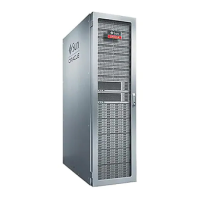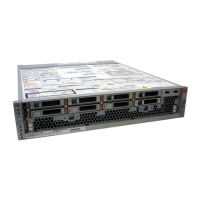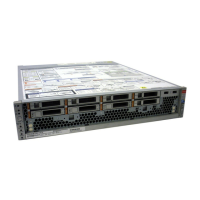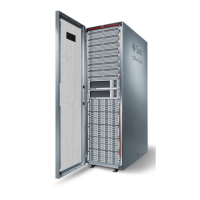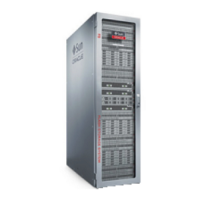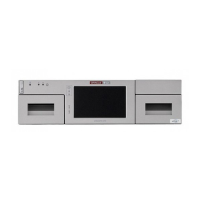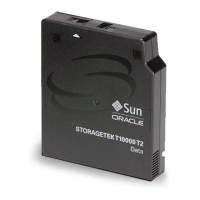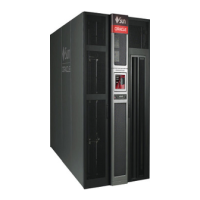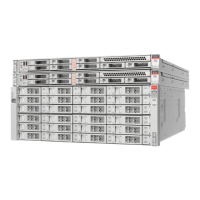Configuring Virus Scanning for a Share (BUI)
Note - You must use "Don't Scan *" to exclude all other file types not explicitly included in the
scan list. A file named file.name.exe.bat.jpg123 would not be scanned, as only the "jpg123"
portion of the name, the extension, would be compared against the rules.
Do not use exclude settings before include settings. For example, do not use a "Don't Scan *"
setting before include settings since that would exclude all file types that come after it.
TABLE 72
Virus Scan Actions
Action Pattern
Don't Scan *
Scan exe
Scan com
Scan bat
Scan doc
Scan zip
Don't Scan data-archive*.zip
Related Topics
■
“Configuring Virus Scanning for a Share (BUI)” on page 281
■
“Virus Scan Properties and Logs” on page 281
■
“Scanning Engines” on page 283
Scanning Engines
In this section, specify which scanning engines to use. A scanning engine is an external
third-party virus scanning server which the appliance contacts using ICAP (Internet Content
Adaptation Protocol, RFC 3507) to have files scanned.
TABLE 73
Scanning Engines Properties
Property Description
Enable Use this scan engine.
Host Hostname or IP address of the scan engine server.
Maximum Connections Maximum number of concurrent connections. Some scan
engines operate better with connections limited to 8.
Port Port for the scan engine.
Related Topics
Appliance Services 283
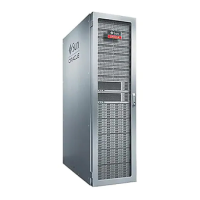
